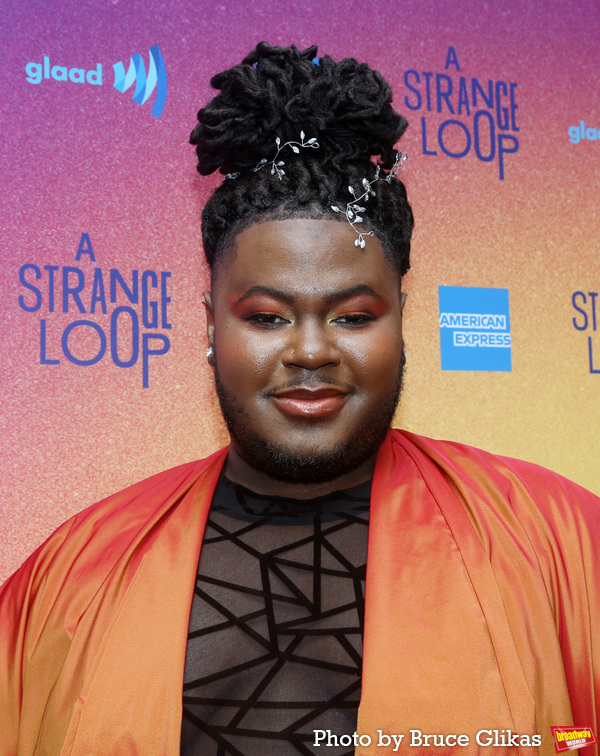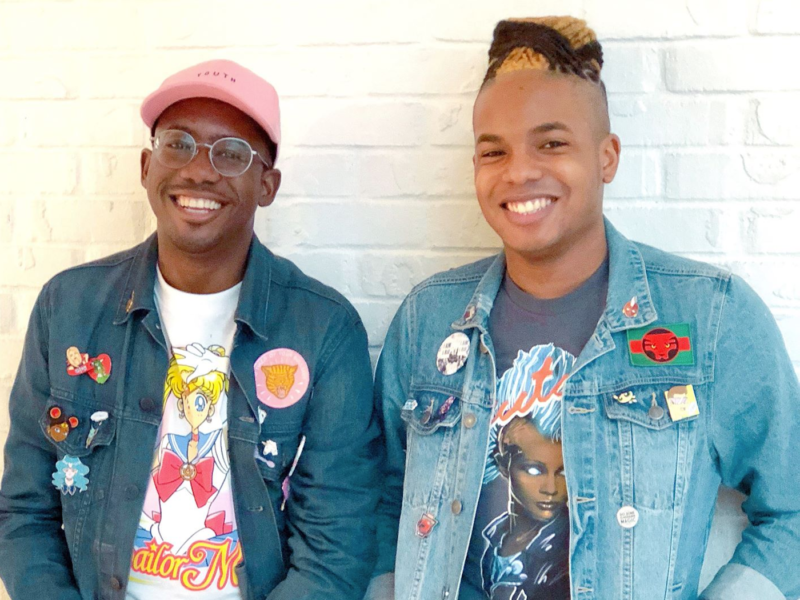
by Rebelle Summers | Jul 24, 2023 | Blog
A Strange Loop, the Pulitzer Prize and Tony Award-winning musical by Michael R. Jackson has leapt across the pond for a limited run on the West End. On a drizzly and overcast London evening, I got to sit on a Zoom with the show’s star, the lovely and soft-spoken Kyle...

by Joe Corallo | Jul 9, 2018 | Blog
https://soundcloud.com/mutant_magicalboy_podcast/mutant_magicalboy_episode_9 Welcome to episode 9 of Mutant & Magical Boy: The AfroQueer Guide to Pop Culture! There’s no shortage of thunder cats in this episode as we gag on all things Voltron. Featuring...

by Joe Corallo | Jun 25, 2018 | Blog
https://soundcloud.com/mutant_magicalboy_podcast/mutant_magicalboy_episode_8 It’s tea time, ladies! In what might be our gayest episode yet (don’t @ us), we’re gagging on FX’s new queer spectacular, Pose. Is it 10s, 10s across the board? Well,...




